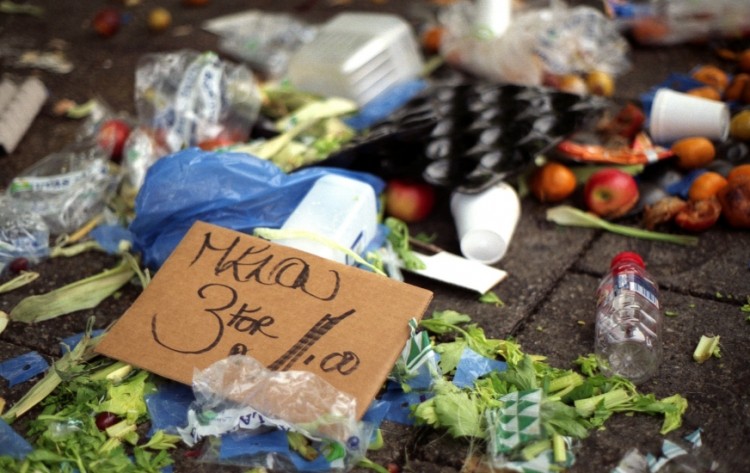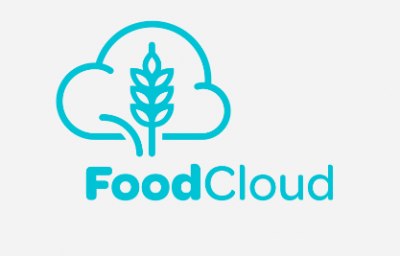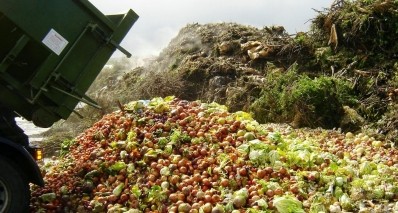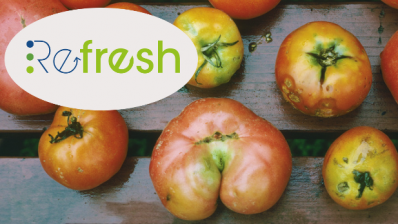Action on food waste needs to accelerate, says SDG report

The analysis comes from Champions 12.3, a global coalition of leaders from government, business and society focused on the SDG on food loss ambition, known as SDG 12.3.
Its analysis also looks in detail at progress towards the SDG on responsible production and consumption (SDG 12), and specifically the target to “halve per capita global food waste at the retail and consumer levels and reduce food losses along production and supply chains, including post-harvest losses”.
The authors noted how some governments had set targets prior to the 2030 SDG’s being published 12 months ago.
The European Union, for example, is developing a common methodology to measure food waste consistently as part of its Circular Economy Package. The European Commission dropped a mandatory target to reduce food waste across the bloc, but pressure is growing for it to be reinstated.
In the private sector there have also been notable initiatives put in place, the authors said, including the Consumer Goods Forum’s Food Waste Resolution and the UK’s Courtauld 2025 agreement.
More companies are also making the distinction between food waste and other materials, notably Nestlé and Unilever. The report raised concerns that it was principally the larger companies that are looking to reduce food waste.
“Target setting so far is concentrated in a few regional blocks and among some of the largest multinational companies. Yet if focus and ambition to achieve Target 12.3 are to be realised, every country – as well as all companies involved in food supply chains – should set targets,” the authors explained.
“Notable gaps” were the agribusiness companies and foodservice sectors, they added.
Consumption targets
Champions 12.3 welcomed the improvements being made in measurement of food waste and the subsequent setting of targets. However, it urged governments and the private sector to now act on these.
“Impact only occurs if people act,” the report concludes. “Governments and companies should accelerate and scale up adoption of policies, incentives, investment and practices that reduce food loss and waste.”
Where to focus will, by-and-large, depend on the region. In developing countries, food waste losses tend to be during production, but in more developed regions it’s consumption where the major issues are, according to FAO statistics. In Europe, for example, 52% of losses are consumption-based, whilst 23% are production. In Sub-Saharan Africa it’s 5% and 39% respectively, with 37% also lost during handling and storage.
Food losses during processing tend to be small whatever the region. In Europe it’s 5%, rising to 9% in North America and Oceania. In developing countries, “investing in better infrastructure to improve storage, processing, and transportation will be critical”, the authors said, whilst in developed areas steps are needed to facilitate surplus food distribution or food donations, improve food date labelling, and better educate food retailers and consumers.
SDG progress slow
Certification body DNV GL has also published an analysis of progress towards all 17 SDG’s. Based on action in the first year since the goals were published, it forecasted that none of the goals will be met in all regions of the world by 2030. DNV GL highlighted 17 companies that were pioneers – one for each of the SDG’s – with four coming from the food and drink industry: Danone, Marks & Spencer, Unilever and Cermaq.
This demonstrates the “mindset change” amongst many food and beverage companies in the past five years, DNV GL chief sustainability officer Bjørn Haugland said.
“They are now taking a more holistic approach to sustainability, including social and financial aspects. This mindset change is not only seen with large organisations with a clear sustainability strategy. It is also something that smaller and medium enterprises are starting to realise,” he added.


























